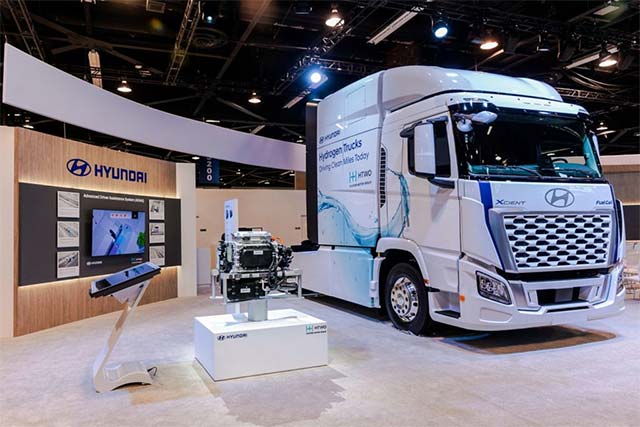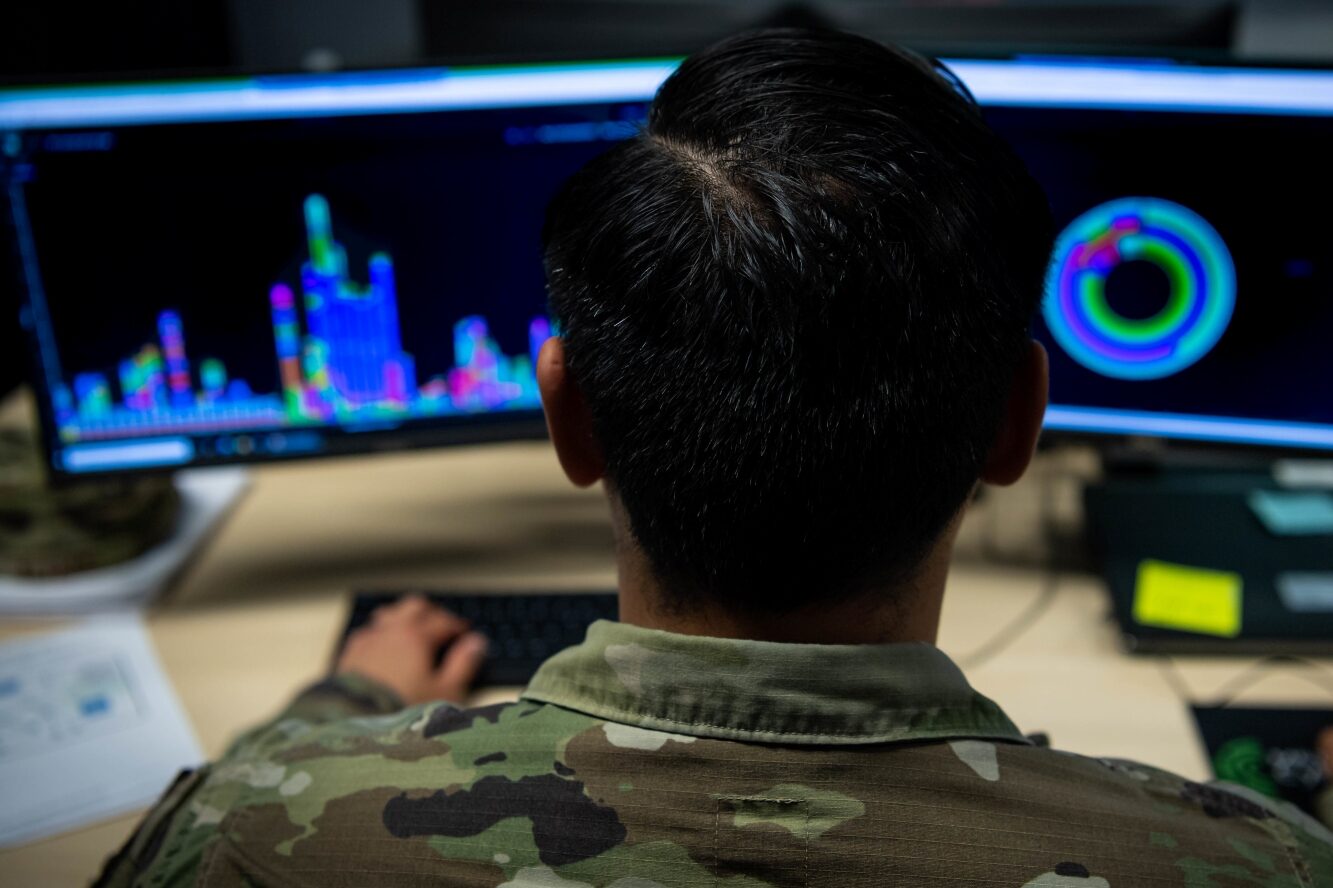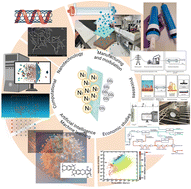Opening The Doors To Change: What To Expect At CLOC Global Institute 2025
The conference is the premier event designed by and for legal operations professionals and in-house legal departments. The post Opening The Doors To Change: What To Expect At CLOC Global Institute 2025 appeared first on Above the Law.


Next week, I will be covering the CLOC Global Institute at the Aria Hotel and Resort in Las Vegas. The conference will span four days (May 5-8) and is the premier event designed by and for legal operations professionals and in-house legal departments.
Legal operations (ops) professionals, for those unfamiliar, manage the business and administrative activities of legal practice. This includes budgeting, legal tech implementation, process management, data analytics and reporting, and straightforward operations design. The field is primarily motivated by the goal of treating legal practice more like a business. Legal ops professionals, legal project managers, general counsel, senior in-house attorneys, technology leads, and law firm partners are among the key attendees at the Institute.
Conference Facts
This year’s conference — which is 10th annual one — is expected to attract over 2,300 legal ops professionals and related specialists from around the world. Attendance has consistently grown year after year, reflecting the growing interest in the field and the desire to manage legal work in a more systematic manner.
There will be over 200 speakers and more than 100 educational sessions. The event will feature the largest vendor exhibit hall in the legal ops space, showcasing a wide array of the latest legal technology solutions, from AI-powered contract review to advanced matter management and contract lifecycle management (CLM) tools.
What’s Different About the CLOC Conference
What sets the CLOC Conference apart is its focus on helping in-house legal departments better manage themselves and their outside counsel. According to CLOC, “CLOC Global Institute stands apart as the premier event for those shaping the future of legal operations, blending technology, strategy, and community.” There is a clear emphasis on efficiency and work process: how to get things done better, faster, and cheaper.
While many legal tech conferences emphasize technology for legal practice, compliance, or e-discovery, CLOC is uniquely dedicated to legal operations — the business of running legal departments efficiently and strategically. This means sessions and content are tailored to the needs of legal ops professionals, from process improvement to vendor management and technology adoption.
This year’s conference theme is Open New Doors. According to CLOC, the theme “focuses on unlocking opportunities, driving transformation, and building success through collaboration and innovation.”
The Educational Sessions
There will be four general tracks:
- CLOC Core 12: Focusing on the application of CLOC Core 12 principles, which define the functional areas of legal ops and how to determine success.
- Ecosystem Collaboration.
- Leading Edge Trends.
- Professional Advancement.
There are two keynotes: one by Nancy Rademaker, a well-known keynote speaker on the impact of digitization on behavior, and another by Irene Liu, an AI policy advisor.
CLOC will also present “Powerhouse Perspectives” featuring speakers like Áine Lyons, Karen Gally, Eric Greenberg, and Casey Flaherty, all well-known influencers in the legal space.
Other sessions will focus on the future of the legal department, AI initiatives in legal operations, insourcing and outsourcing trends, and the state of legal department hiring.
Additional topics include process improvement, legal spend management, managing outside counsel, vendor selection, CLM, artificial intelligence and automation in legal tech, operational metrics, performance analytics, change management, and cross-functional collaboration. Of course, the potential and actual application of AI by legal departments will be front and center in many sessions.
Programming also includes expert panels, collaborative workshops, specialized tracks through the CLOC Academy, and extensive networking opportunities with in-house counsel, operations leaders, and legal tech providers. There are also “101” tracks for newcomers to the legal ops field and the conference.
The Exhibit Hall
Looking at the exhibit hall and vendor participation, there is a strong focus on products such as AI-driven CLM tools, AI-powered litigation and e-discovery tools, customizable AI workflows and automation platforms, integration and ecosystem solutions, practical AI for legal operations, and consultative and collaborative technology approaches.
The Key Issues
Some of the key issues that I think may surface this year are:
1. Will AI Reduce the Need for Traditional CLM Tools? Will generative AI eventually make traditional CLM platforms obsolete? As AI becomes more capable of drafting, reviewing, and managing contracts autonomously, some argue that standalone CLM tools may need to evolve or risk being supplanted by more flexible, AI-driven solutions. Others contend that AI will not replace CLM but rather become embedded within these platforms, enhancing automation, analytics, and strategic decision-making.
2. Data Privacy, Security, and Regulatory Risk. As AI tools process larger volumes of sensitive legal and contract data, concerns about data privacy, cybersecurity, and compliance are intensifying. Legal ops leaders are grappling with how to leverage AI’s power while ensuring strict adherence to evolving global regulations like GDPR and CCPA.
3. The Future of DEI in Legal Operations. In the wake of recent Supreme Court decisions and shifting political climates, diversity, equity, and inclusion (DEI) programs are under heightened legal and public scrutiny. Some sessions at CLOC will address how legal ops teams can navigate these challenges and continue to advance DEI values despite regulatory and societal pushback.
4. AI’s Impact on Legal Jobs and Department Identity. There is ongoing debate about whether AI will eliminate legal operations roles or simply change them. While most experts agree AI is more likely to shift responsibilities than to cause widespread job loss, the question of “identity displacement” is front and center.
5. What Metrics Should Be Used to Measure Value? As AI tools develop, how can they be used by legal ops professionals to demonstrate their value to C-suites?
Other hot topics that may arise include the need for transparent AI systems used in legal ops, the trend toward unified technology platforms, and cross-functional collaboration between legal ops and other business units beyond legal.
Stay Tuned
I’ll be listening for discussions around these and other issues next week and will report back with insights, highlights, and key takeaways as the conference unfolds.
Stephen Embry is a lawyer, speaker, blogger and writer. He publishes TechLaw Crossroads, a blog devoted to the examination of the tension between technology, the law, and the practice of law.
The post Opening The Doors To Change: What To Expect At CLOC Global Institute 2025 appeared first on Above the Law.



























































































































































